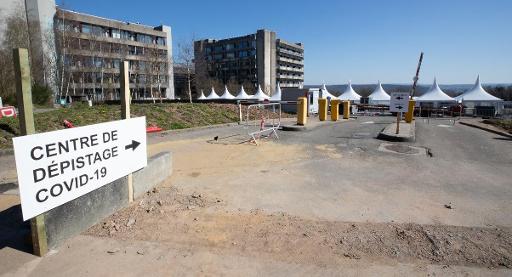Studying the sequences of the different genes of the new coronavirus is complementary to contact tracing strategies, the University of Liège (ULiège) said on Tuesday.
ULiège has been studying how the chemical building blocks of the new coronavirus' (Covid-19) genes are arranged, and presented its first results. The sequencing allows to specifically identify outbreaks and target groups of people who need to be monitored, which should facilitate virus surveillance strategies in the context of deconfinement.
The human genetics team of Professor Vincent Bours at ULiège and a team at the Catholic University of Leuven (KULeuven) have published sequences of coronavirus genomes on the international Nextrain platform. The large-scale sequencing by Nextrain makes it possible in particular to identify mutations in the virus.
Related News
- Coronavirus: Brussels contact tracers aim to reach 1,000 people a day
- Coronavirus: 'if it was up to the virologists,' lockdown would last a year
The researchers are now recommending targeting at least two genes for screening tests, so as not to miss out on possible mutations in the virus.
The sequences generated by ULiège and KULeuven laboratories have been shared with Simon Dellicour, an epidemiologist at the Free University of Brussels (ULB), who has carried out several studies based on these sequences.
These studies showed that multiple strains of the virus came into Belgium. Measurements of the different virus strains before and after the lockdown showed that the confinement had the desired effect and considerably slowed down the spread of the virus in Belgium.
The Brussels Times

